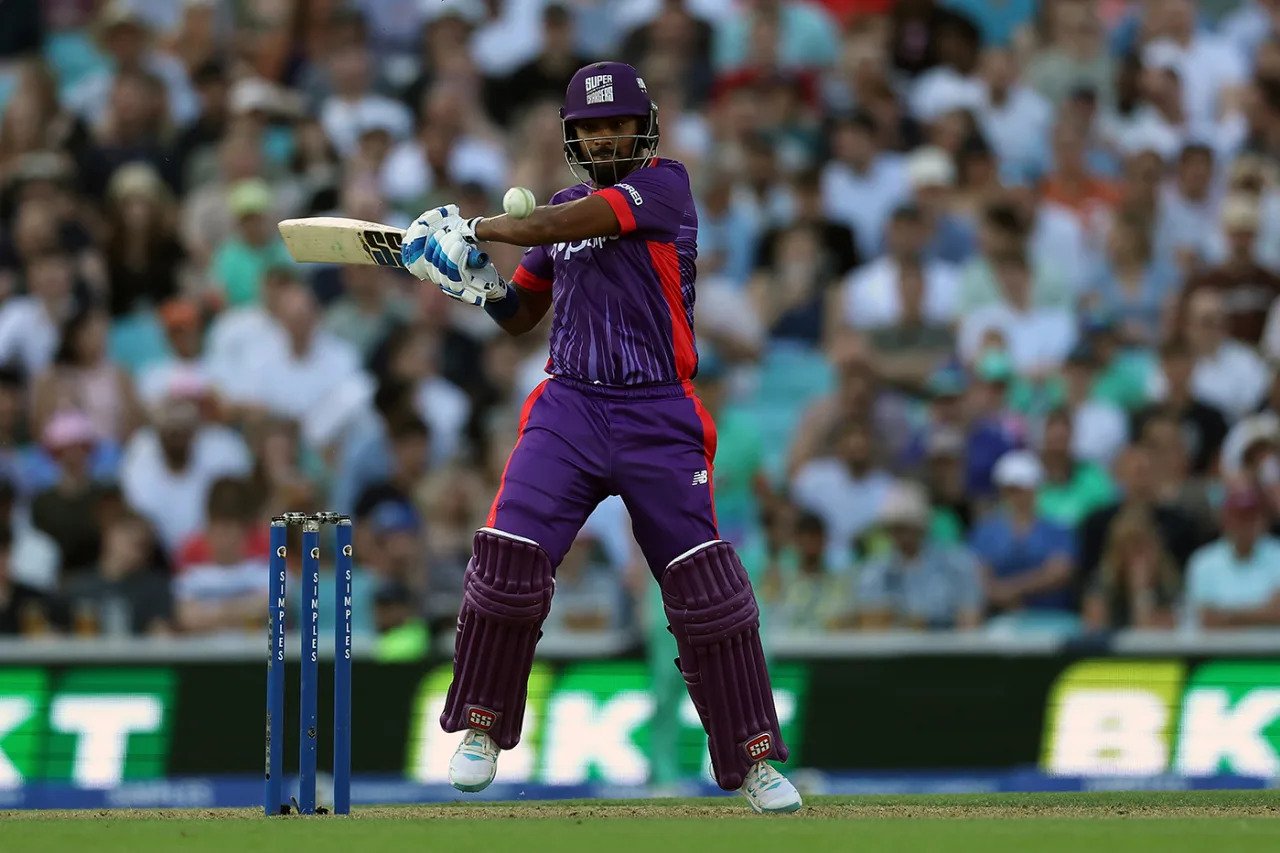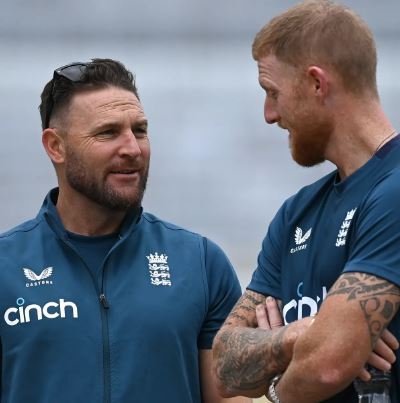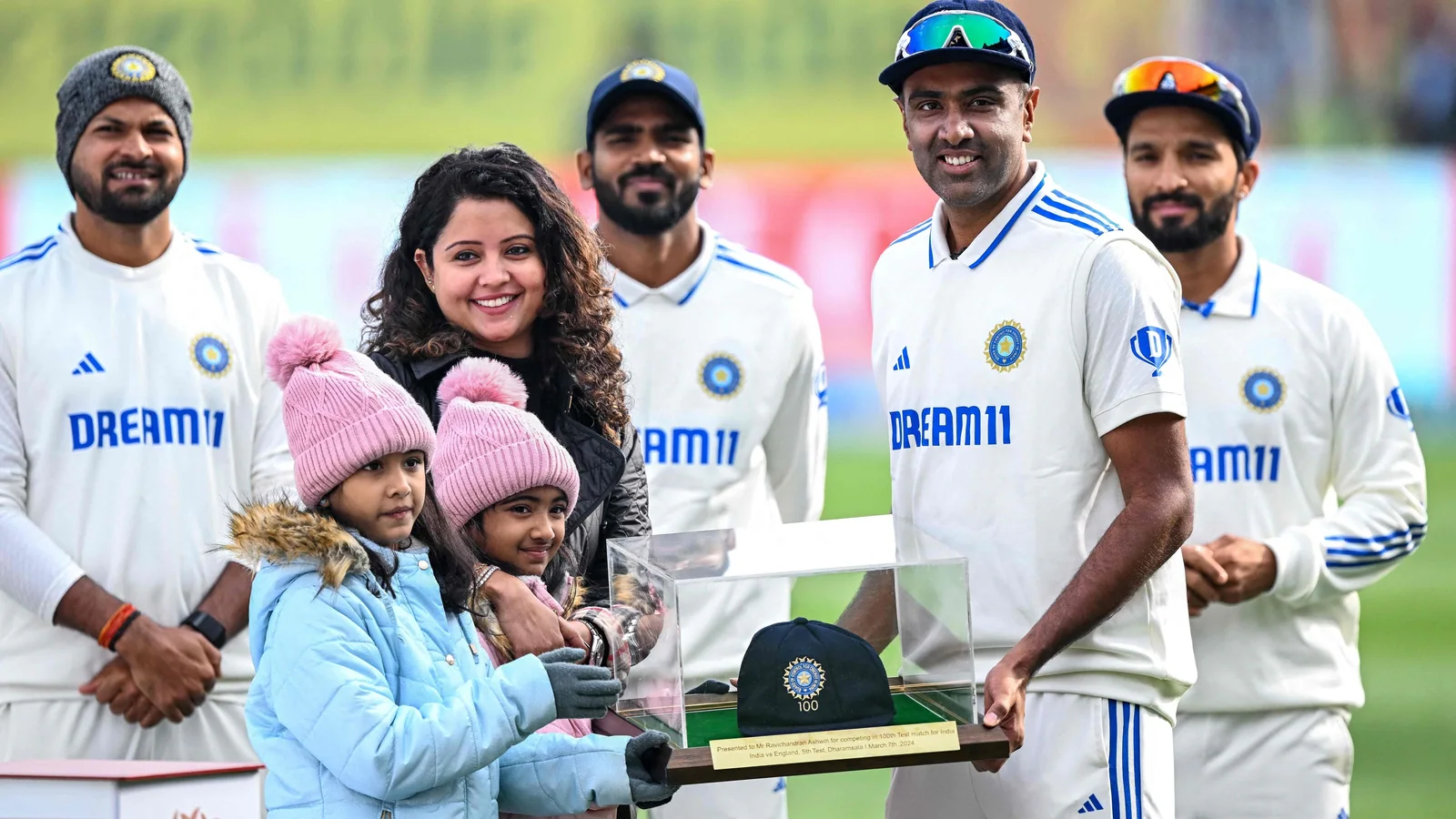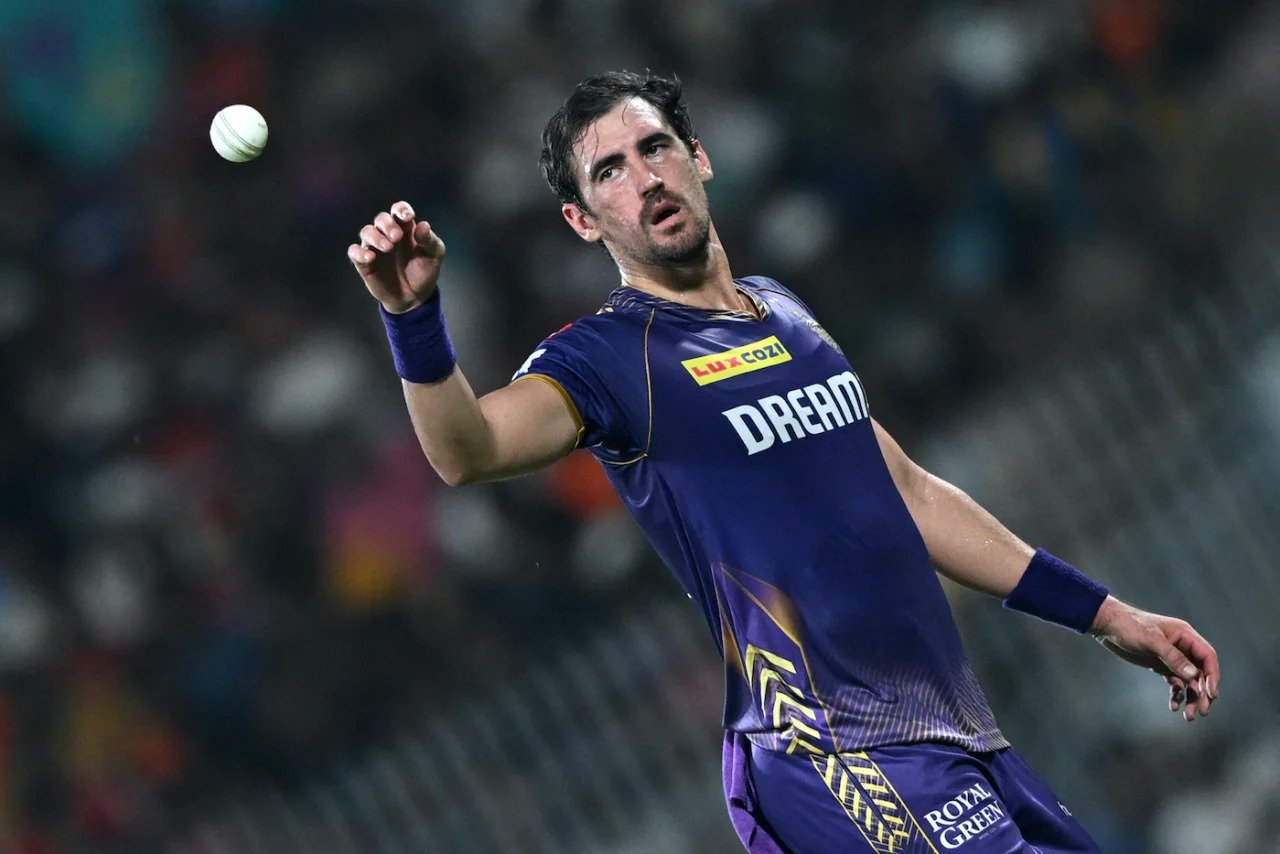The 2010 ICC World T20 Final featuring England and Australia took place on 16th May 2010 at the Kensington Oval in Bridgetown, Barbados.
England was victorious in the world’s T20 tournament and the ICC global championship for the home of cricket, winning by a margin of seven wickets. England followed India in 2007 and Pakistan in 2009 as the other two teams to win this championship.
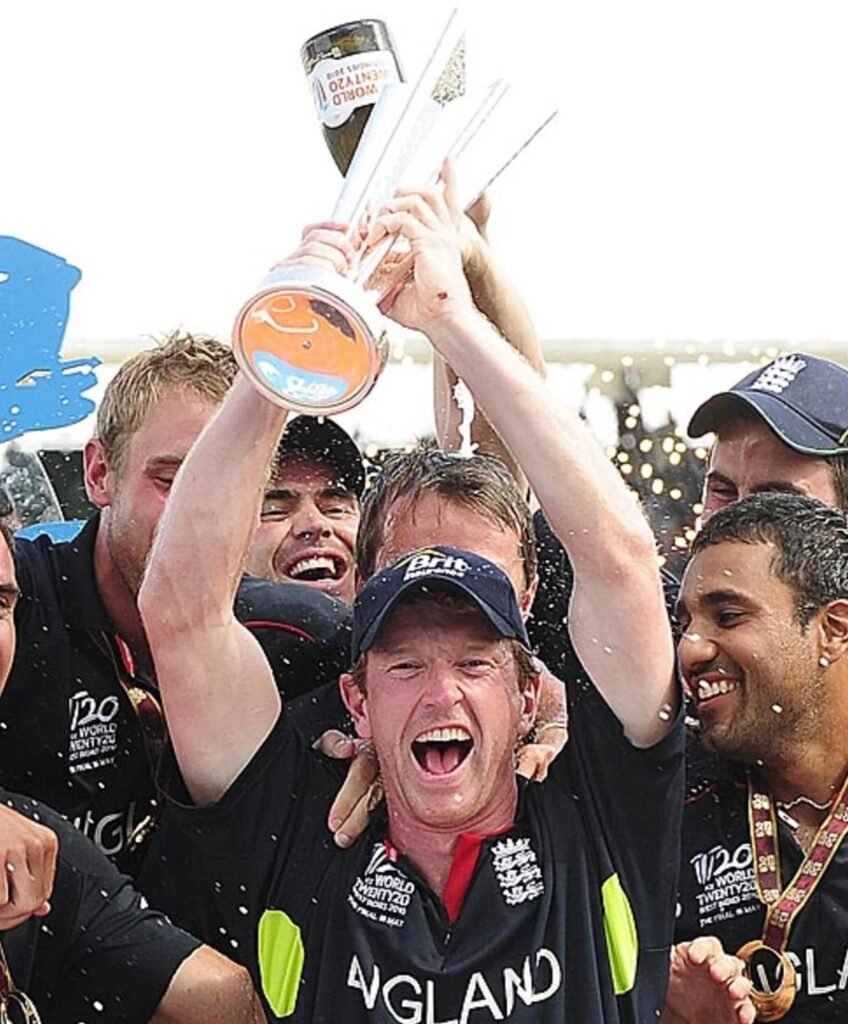
Before this match, Australia and England had faced off in four Twenty20 matches, with Australia winning two and England winning one. One match came to a deadlock. Their most recent encounter, which took place in August 2009, ended in a draw. When they faced off on September 14, 2007 in Cape Town for the 2007 ICC World Twenty20, Australia prevailed by eight wickets. Less than six months separated the two teams’ meetings in Australia, which included the 2010–11 Ashes series.
Kevin Pietersen had to return home quickly to England for the birth of his first son, Dylan, after England’s victory over South Africa in the group stage. He then had to travel back to the West Indies for the semi-final match against Sri Lanka.
England- Road To The Final
They lost to the hosts, West Indies, by 8 wickets using the D/L method to start the competition in a disappointing manner. England batted first in their subsequent game against Ireland and achieved 120/8 in their 20 overs.
Ireland’s innings was cut short by rain to 3.3 overs, and the match was called off. This meant that England’s greater net run rate earned them a spot in the Super 8. They were back to their best in the Super 8s, winning all three of their matches against South Africa, New Zealand, and Pakistan to take first place in Group E. Pietersen’s unbeaten 42 from 26 after man-of-the-match Broad’s 2–21 helped ensure a seven-wicket victory in the semifinal match against Sri Lanka.
Australia- Road To The Final
They overcame both Bangladesh and the reigning champion Pakistan to win Group A. They then easily defeated India, Sri Lanka, and the West Indies to advance to the semifinals and face Pakistan again. When Pakistan batted first, they amassed a formidable 191 runs.
The defending champions appeared to have the upper hand in the match as Australia’s top order showed no mercy on the Pakistani bowlers, needing 51 runs from the final three overs and trailing by 18 runs with one over remaining against off-spinner Saeed Ajmal, a player who was part of Pakistan’s 2009 World T20 champions.
But Mike Hussey was up to the challenge, blasting three sixes and a four to help Australia reach the goal with one ball remaining and win by three wickets. The most final over runs to complete a T20 international chase were hit by man of the match Hussey, who finished on 60 not out from 24 balls (his 22 was not surpassed until the West Indies’ Carlos Brathwaite scored 24 off four consecutive sixes with 19 required against England’s Ben Stokes to win the 2016 final.)
Also Read: England’s T20 World Cup Triumph in 2022
Also Read: Australia Clinches T20 World Cup 2021
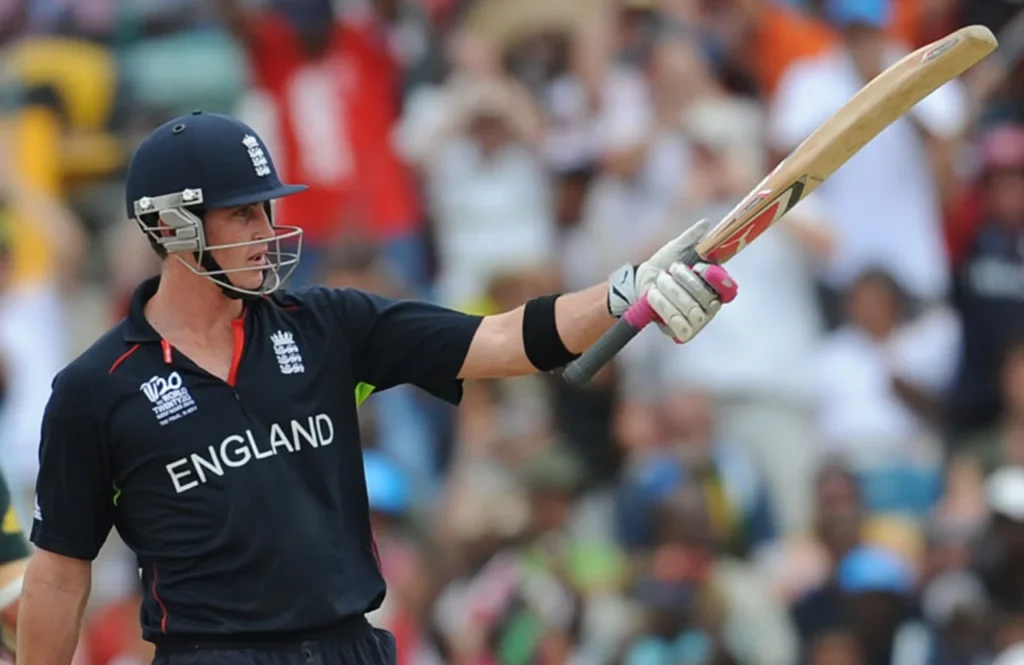
Match Summary
Remarkably, Australia took the lead early in the game. Both openers departed for just two runs apiece, with Watson being caught by Swann after Kieswetter parried a chance from Sidebottom’s fast bowling and David Warner being run out by Lumb. After that, Sidebottom had Australia’s third wicket down for just eight runs when Collingwood caught Australian wicketkeeper Brad Haddin.
David Hussey and Captain Clarke steadied the innings until Collingwood, at 45/4, robbed his opposite number of his wicket with a diving catch off Swann’s off-spin. Though Australia managed 147 for 6 in their 20 overs, David Hussey maintained his form with middle order batters (including Michael Hussey), scoring 59 off 54.
When Lumb attempted to drive Tait past mid-on, David Hussey caught him for just seven runs, accounting for England’s first wicket loss. But after Kieswetter and all-time great Pietersen (47 off 31) put Australia out of the game with a 111-run combination for the second wicket, England regained command and Morgan and Collingwood finished the chase with three overs remaining. Pietersen was named player of the tournament, but Kieswetter was declared man of the match after scoring his first international T20 half century with 63 off 49.
Following defeats against the West Indies at Lord’s in the 1979 World Cup final, Australia in Kolkata in the 1987 World Cup, Pakistan in Melbourne in the 1992 World Cup, and the West Indies at the Oval in the 2004 Champions Trophy final, England’s victory signified their first-ever ICC world championship. In addition, it was England’s third world title in a major sport, following their victories against Australia in Sydney in the 2003 IRB Rugby World Cup and the 1966 FIFA (Football) World Cup, which they won as hosts.
A number of T20 players that competed in the final were also picked by Australia and England in their Test squads for the Ashes, which they both won 3-1, giving England their first series victory in Australia in 24 years in addition to retaining the Ashes.

